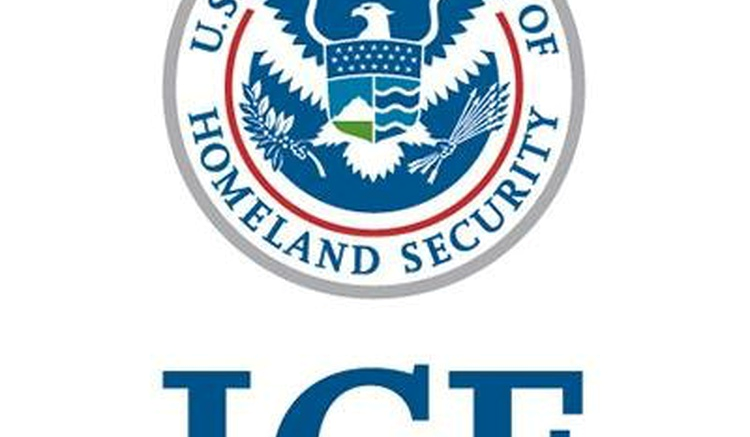
“That scarlet letter sits on these kids’ files forever. When that happens at the immigration level, it’s fatal.”
By Hannah Dreier
ProPblica/New York Times Magazine (12/27/18)
WHEN ALEX WALKED INTO SCHOOL on June 14, 2017, it felt as if summer had already started. He didn’t have regular classes, just a standardized math test in the late morning. The other immigrant students in the bilingual program at Huntington High were crowded in a hallway comparing their plans for the break — most already had jobs lined up — and promising to stay in touch.
Classmates came up to greet him. At 19, Alex was older than many of the other sophomores. He enrolled as a freshman when he arrived in Suffolk County on Long Island from Honduras a year and a half before. He felt good in the school from the start. A shy teenager who preferred video games and watching soccer on TV to playing it on the field, he had always been an outsider, slow to make friends. But all the immigrants in the bilingual program were outsiders, so he fit in, and he was popular for the first time in his life. In Honduras, it had felt as if teachers were preparing students to work in the fields, like everyone else. Here, in Huntington, they were always telling him that with a good education, he could do anything he wanted. The halls were decorated with inspirational posters of Latino students attending college and completing ambitious projects, mixed in with images of a scowling blue devil with horns, the school’s mascot.
Across the country, ICE increasingly depends on information from resource officers to identify suspected gang members. But that intelligence is often unreliable.
While the other students laughed and shouted in the hall, Alex (his middle name) went to his desk. He was nervous about the Regents math test. He loved all his classes but algebra. In language arts, he was learning to write essays and reading historical fiction about young people who immigrated to the United States in decades past, and he was hoping to get an A. But in algebra, he was falling behind. Now he struggled through questions that required him to calculate the diminishing earnings of a carnival-booth owner and reverse-engineer parabolas. He was relieved when the teacher called pencils down. He was sure he had gotten a lot of answers wrong, but he had two more years to pass the test before graduation.
Alex sometimes lingered in the halls, but today he wanted to leave as soon as possible. A month before, he got in trouble in school for the first time, for doodling in math class. He was shocked and confused when the principal accused him of drawing gang signs and suspended him for three days. His parents assured him it was just a small setback and would be forgotten over the summer, but still, Alex was worried. Although he was in the United States legally, seeking asylum from gang persecution, his status was tenuous. The government can revoke the provisional freedom it gives to minors seeking asylum if they do something to indicate they are a danger to the community. So he had been careful to stay away from anyone who might be connected with gangs, and he had never come in contact with the police, aside from a brief chat in the cafeteria with the officer assigned to the school. …

